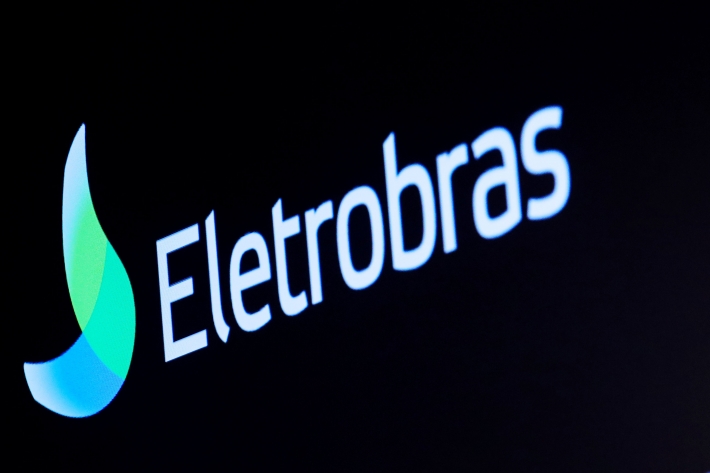RIO DE JANEIRO, BRAZIL – The privatization of Eletrobras, considered one of the largest energy companies in Latin America, is in danger of failing. In the hearing scheduled for this Wednesday (20), before the Federal Court of Accounts (TCU), at least one of the ministers, Vital do Rêgo, who opposes the privatization, should request the postponement of the analysis of the process.
“I will request that the case be examined within 60 days because that is what the regulations allow me to do. Therefore it will not be possible to analyze the vote in time,” Rêgo said Tuesday.

This increases the possibility that the company’s capitalization will not be held until next month. This would make it more challenging to carry out the operation this year, as several funds are subject to restrictions on investment in the months leading up to the elections, according to investors and the government.
Former President Luiz Inácio Lula da Silva, who is running for election, said in March that he would not privatize Eletrobras, the postal service, and other companies on the current government’s privatization radar.
On Tuesday, the Workers’ Party (PT) filed a popular complaint against the capitalization of Eletrobras.
The privatization of the company was approved by Congress last year. The first phase of this process was completed in February. However, the TCU has yet to conduct an economic modeling analysis.
At that time, only Vital do Rêgo voted against the proposal. The minister defended a contract value of R$130 (US$28) billion, far above the value set by the government.
The privatization process could continue without the TCU’s approval but would be challenged in court.
Capitalizing Eletrobras aims to transform the company into a joint-stock company in which control is distributed among several shareholders.
The federal government would hold 45% of the voting capital rather than 70% and no longer be the majority shareholder.

